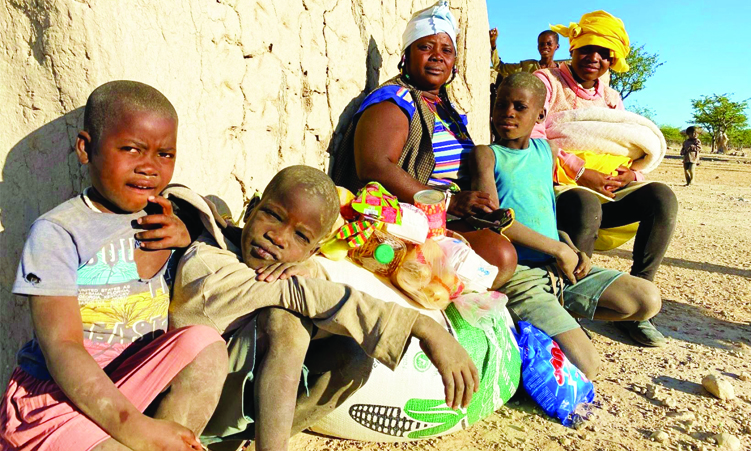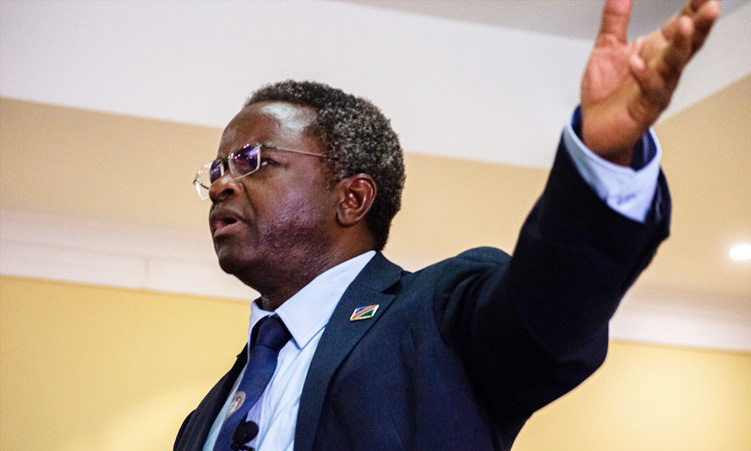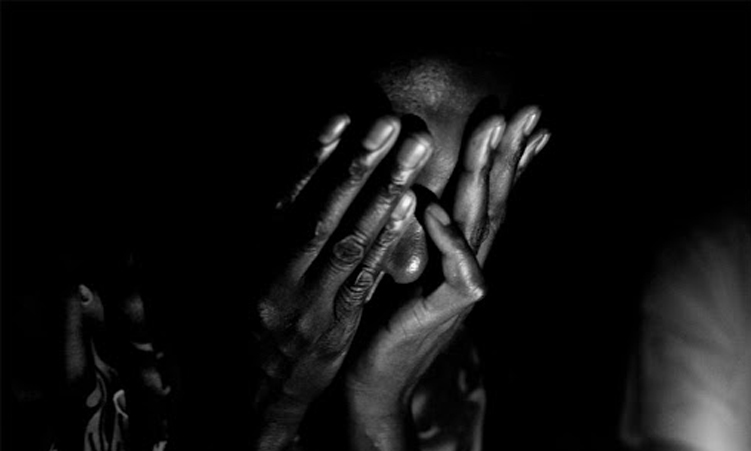Political and community leaders across the country have expressed fear of a catastrophic drought due to insufficient rainfall this season.
Omaheke governor Pio Nganate said his region did not receive good rainfall this year and needs remedial intervention from the government.
He said many farmers in the region have started selling their livestock at cheaper prices due to drought.
“The area that is severely affected by the drought is Aminuis,” Nganate said.
He said the prices of commodities have also gone up, including fodder and fuel.
Therefore, he pleaded with the government to help farmers with fodder and drought-relief food.
Nganate said his office has been ferrying water to communities every day.
“We want the government to provide water tanks to assist people and animals,” he said.
Nganate said his office has submitted a report to the Office of the Prime Minister.
Meanwhile, Kavango East governor Bonifatius Wakudumo said farmers in the region who planted at the beginning of the rainy season would record a better harvest, although crops are not looking good.
“I can say 80% of the farmers will not have a good harvest. Grazing in the region is much better and the available grass will last long,” he said.
Wakudumo said he had not yet submitted a report to the Office of the Prime Minister.
“We are working closely with the Ministry of Agriculture, Water and Land Reform in assessing the situation, and if there is a need for intervention, we will communicate it to the Office of the Prime Minister,” he said.
Hardap regional governor Salomon April said his region has not recovered from the 2019 drought yet.
“Most subsistence farmers are negatively affected by drought. There is a need for intervention from both the private sector and the government to assist these farmers,” April said.
“Water scarcity is another problem, especially for those living far from the aquifers and the Hardap Dam,” he said.
April said grazing is a challenge and many residents are moving their livestock to areas with better grazing.
Moses Amukoto from Onake village in the Oshikoto region says he has lost hope for this year’s harvest.
“Even the crops that were grown in humus soil have died completely. They have wilted because there is no rain. Even if it rains now, they will not stand up,” he says.
Amukoto says their livestock are now facing a food crisis as there is no more grass.
“At least people can survive from buying at the shops, but where will our animals eat? Yes, many farmers have migrated their livestock to Ombuga (a grazing area in the Oshikoto region) for better grazing land,” he says.
Oukwanyama Traditional Authority spokesperson Andrew Naikaku said the harvest will not be good this season.
On Wednesday, Popular Democratic Movement leader McHenry Venaani asked prime minister Saara Kuugongelwa-Amadhila whether the government has put measures in place to mitigate the looming drought crisis.
“There must be proactive action from the Office of the Prime Minister,” he said.
Kuugongelwa-Amadhila said the government has agreed to go ahead with ongoing programmes in regions such as the Kunene, parts of Erongo and the Omusati region.
She said the government has also noted that other regions, which were previously not catered for, may experience drought this year.
She said the government has a programme to effectively respond to the drought crisis.
“If you have a shortage of food for the people, we provide the food, if you have a problem of availability of water, we make provision for water, if you have a problem of grazing, we make provision for leasing of grazing or subsidise transport to grazing areas and for purchasing of fodder,” she said.
10 000 AT EPUPA NEED FOOD
Meanwhile, Epupa constituency councillor Kuuoko Tjimutambo says there will be no harvest in his constituency this year, as the crops have wilted, while some parts of the constituency, such as Etanga, have not received rainfall at all.
He says about 10 000 residents of the constituency are in need of food.
“It’s not only people who need food, animals too. Some people have started moving their animals to the Opuwo area where there is better grazing, but by June or July, there will be no grass on the ground,” he says.
MALNUTRITION
Meanwhile, 15 cases of malnutrition have been reported in the Omusati region this year, Okalongo constituency councillor Laurentius Iipinge said in the National Council last week.
“We have nine cases in the Oshikuku district, four cases at Outapi, and two at Okahao. Members of the communities, including myself, assist these vulnerable individuals from our own pockets and every two days someone is looking for food at my office,” he said.
Iipinge said a list of hungry people in the region has been forwarded to the relevant offices, but the process is slow, while people remain hungry.
“The government should consider drought relief food as an urgent measure,” he said.
He said the national budget tabled by minister of finance Iipumbu Shiimi in the National Assembly earlier this year should make provision for drought-relief food.
“A little budget at the constituency offices assists somebody who is in a critical situation,” he said.
“Without a budget and food for distribution, it has really become urgent that we look at ways and means that help us better manage what I foresee to be a dire and vulnerable situation.”
Omusati governor Erginus Endjala said he was not aware of any malnutrition reported in the region.
Stay informed with The Namibian – your source for credible journalism. Get in-depth reporting and opinions for
only N$85 a month. Invest in journalism, invest in democracy –
Subscribe Now!










